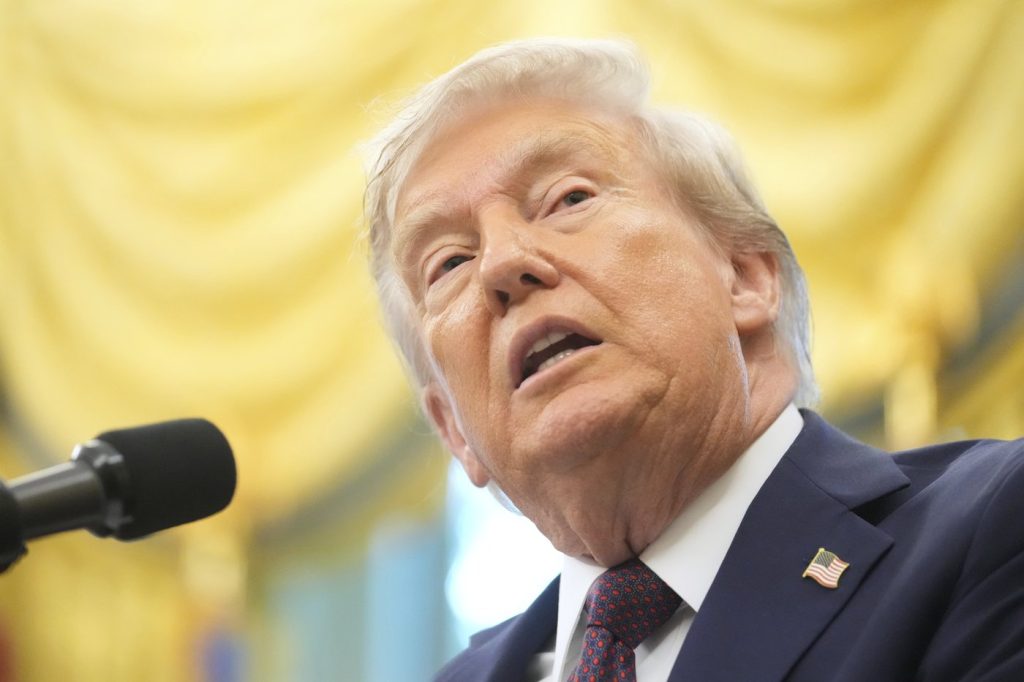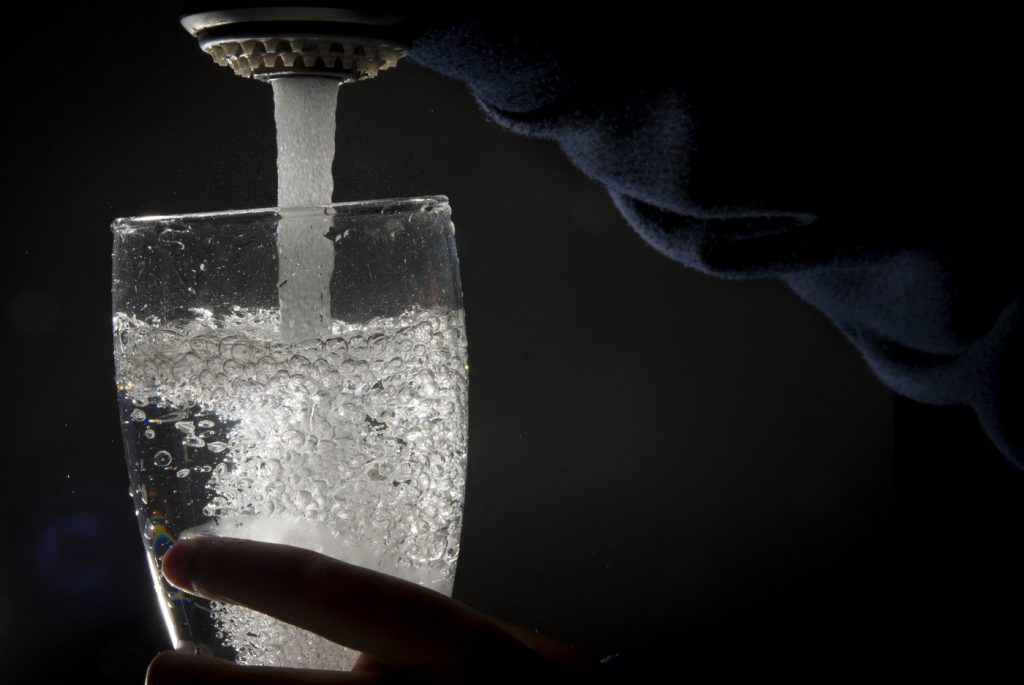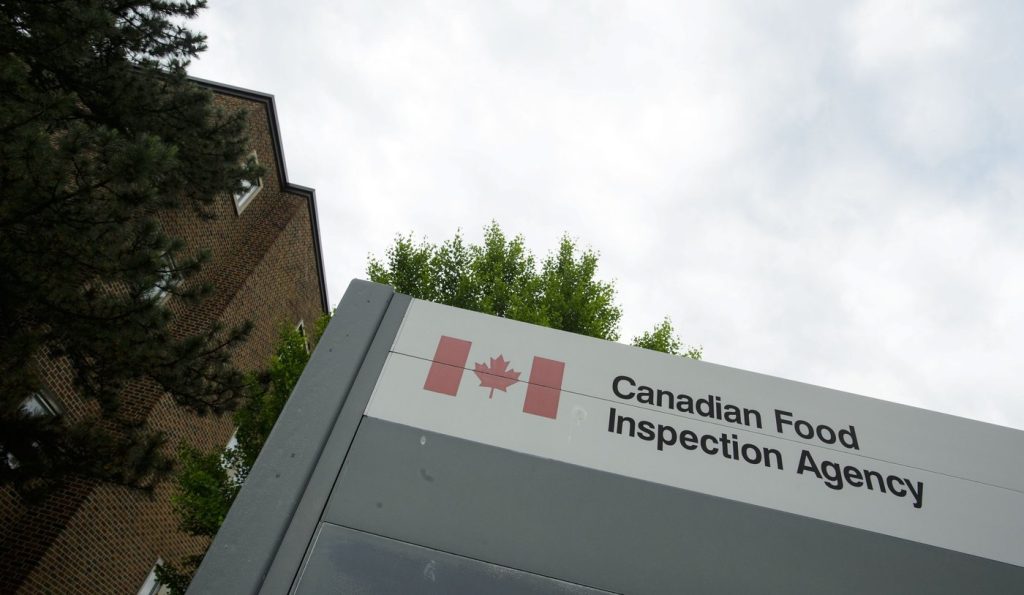WASHINGTON - U.S. President Donald Trump announced on Tuesday his intention to appeal to the United States Supreme Court, potentially as early as Wednesday, in a bid to overturn a recent ruling that deemed many of his tariffs illegal and raised questions about his strategy to reshape global trade dynamics. In a statement made in the Oval Office, he claimed, “If you took away tariffs, we could end up being a Third World country,” and emphasized the urgency for an expedited ruling.
The legal challenge arose after the United States Court of Appeals for the Federal Circuit ruled on Friday that Trump's “Liberation Day” tariffs and the duties imposed on fentanyl exceeded the authority granted to him under the national security statute he invoked. Specifically, Trump had applied the International Economic Emergency Powers Act of 1977, known as IEEPA, to enact these tariffs, although the act does not explicitly mention the term “tariff” or synonyms thereof.
The appeals court's decision has temporarily allowed the tariffs to remain in effect until October 14, providing the Trump administration with a window to bring the case before the Supreme Court. During his address, Trump voiced his discontent with the appellate court’s ruling, characterizing the judges as part of a “Liberal court” and accusing those behind the lawsuit of being from “foreign countries.”
The court’s hearing considered two main cases: one brought by five American small businesses opposing Trump’s global tariffs, and another initiated by 12 states contesting both the “Liberation Day” tariffs and the fentanyl-related duties. Trump contended that the elimination of these tariffs would plunge the nation into “serious, serious trouble,” blaming a drop in the financial markets on the uncertainty generated by the ruling.
IEEPA is a statute that provides the U.S. president with the authority to regulate economic transactions following the declaration of a national emergency. Historically, no president had leveraged this law to impose tariffs before Trump linked fentanyl-related crises at the borders to economic duties imposed on Canada, Mexico, and China. Notably, these tariffs do not apply to goods compliant with the Canada-U.S.-Mexico Agreement (CUSMA) on trade.
In April, Trump escalated trade tensions by imposing duties on nearly every country, asserting that America's trade deficits constituted a national emergency. Some trading partners, including the United Kingdom, Japan, Vietnam, Indonesia, and the European Union, reached agreements with the Trump administration; however, significant tariffs remain enforced. With Canada, no mutual agreement has been reached, and tariffs were raised to 35 percent at the beginning of August, justified by the fentanyl crisis and retaliatory tariffs.
Data from the U.S. government indicates that the volume of fentanyl seized at the northern border is minimal, leading Canadian Prime Minister Mark Carney to speculate that Canada might not be entirely shielded from Trump’s tariffs. Despite many cross-border trades being protected by CUSMA, Canadian industries continue to suffer from targeted tariffs on steel, aluminum, copper, and automobiles, with concerns also rising regarding potential tariffs on lumber.
Even in the event that the Supreme Court rules against Trump’s IEEPA tariffs, the economic repercussions could persist, as the president enacted different tariffs under Section 232 of the Trade Expansion Act of 1962. Recently, Canadian Trade Minister Dominic LeBlanc engaged in discussions with U.S. Commerce Secretary Howard Lutnick, reporting progress toward a new economic and security agreement to alleviate the impact of Trump’s tariffs.
During his address, Trump reiterated a claim that “Canada called” regarding the proposal for a “Golden Dome” missile defense shield, citing figures of $61 billion to $71 billion for Canadian participation. He stated, “Canada wants very much to be included in that,” while announcing the relocation of the U.S. Space Command headquarters from Colorado to Alabama, expressing hope for a successful negotiation with Canadian officials.












